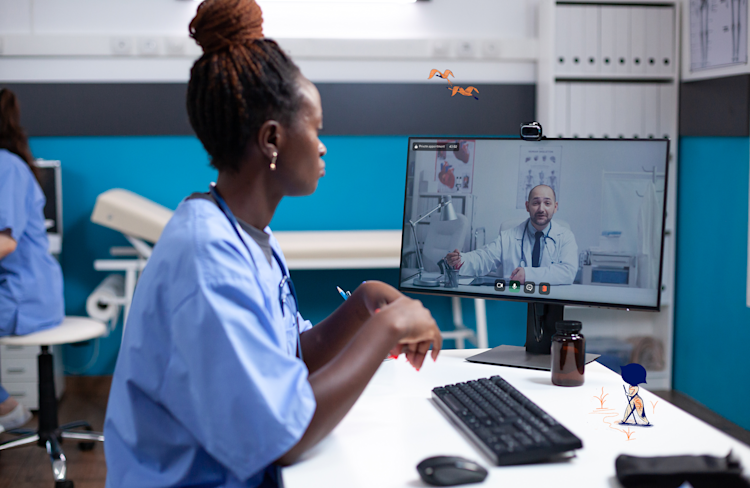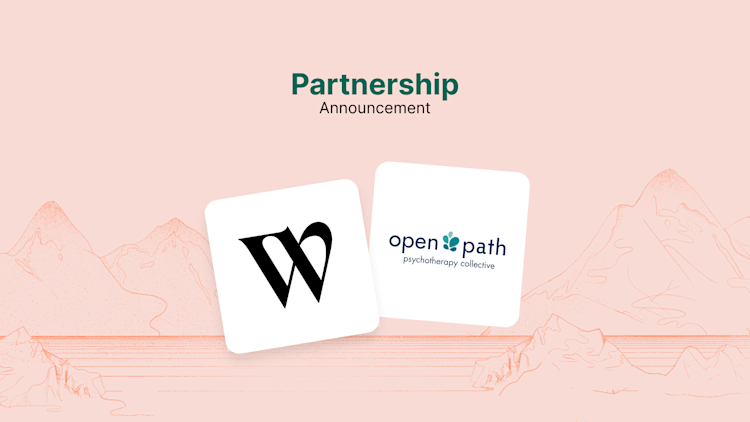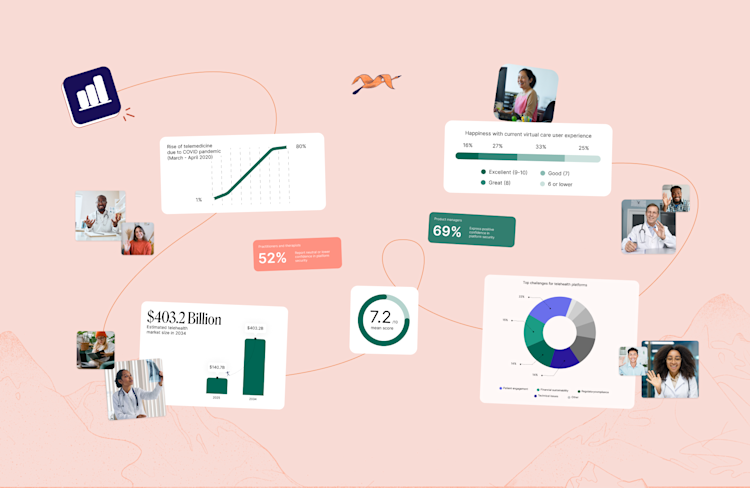Diversifying your remote team
Why it’s important to take advantage of the global talent pool and the advantages it can bring to your team.

Speaking in the Future of Work and Collaboration report by Raconteur, our COO Jessica Hayes states remote teams are "the greatest lever for diversity, equity and inclusion".
The global pandemic has pushed much of the workforce out of the office and into their homes. And as teams adjust to the changes this brings to the workplace dynamic, we’re also seeing more companies recognise how distributed working can positively impact diversity and inclusion. 45% of the respondents in Raconteur’s report agreed that a greater level of international remote working could make the tech industry more inclusive. 30% also stated they believed remote work could help increase ethnic diversity in the workplace and 25% said it would improve gender diversity, too.
Remote work and diversity
Whereby’s journey started in Norway, and during our first few years, much of our talent was sourced from here, too. However, in 2020, our team recognised a need to focus on hiring from outside of Norway to diversify our team’s perspectives. At the end of the year, our team had almost doubled in size with employees from Canada, Indonesia, Spain, South Africa, the Netherlands, the UK, the US, and more joining the Whereby ranks.
However, an increase in employee numbers isn’t the measure of success for us. The focus is, and always will be on building a culture that’s diverse, welcomes different backgrounds, histories, languages, ethnicities, genders, cultures, and perspectives into the mix, which in turn creates better work all round.
The advantage of working remotely is that you are able to assess the quality of work, rather than focus on output by ‘time in the chair’, so that good work is acknowledged. By assessing the work, an egalitarian culture can be adopted, giving a better chance at equally distributing recognition and opportunities. This is also beneficial for those who have more difficulties presenting and socialising than others, giving more opportunity for those who prefer to deliver their work asynchronously. “We believe talent is equally distributed across the world, while the opportunity to do your best work is not.” says Jessica. It’s no longer about who speaks loudest, it’s about work you ship. Good work should not go unacknowledged.
Flexibility
Life happens, but the stresses that sometimes come with it often don’t have to be further complicated by toxic modern “hustle culture”. For many people, family, hobbies, and loved ones are the epicenter of their lives, and Whereby has worked hard to build this reality into how we work. Fully remote working opens up opportunities to hire parents who’d like to spend more time with their families, rather than taking long commutes, or even having to spend huge portions of their salary on childcare. Flexible working hours also mean there’s more freedom in how childcare is managed and shared between partners and other family members.
Flexibility is important for more than working parents, though. Recognizing that everyone has different schedules and needs in order to do their best work can help to build teams that are happier, more secure, and more comfortable. Since joining Whereby, some of our employees have moved out of the city to live where they feel most at home. “We have a strong ethical underpinning in terms of opening up the economics of small communities, rather than global hubs” says Jessica. Giving employees the opportunity to live where they feel most happy and comfortable should, in turn, positively impact their work output, too.
Clear expectations, more open results
By openly sharing the recruitment process when advertising roles and committing to pay for time-intensive practical projects and tests, potential new hires are able to easily manage their expectations and avoid any surprises during what can often be a stressful endeavour.
For the vast majority of people, the recruitment process is the first introduction to your brand. It does the heavy lifting to attract, assess and retain people based on the traits that make them a right fit for your company. Therefore, giving transparency to a potential new hire from the get-go allows them to understand how your company works, and also helps them show their true self during the recruitment process.
Setting practical projects, question sets, and short interviews with a whole variety of team members not only shows a potential new hire what’s expected of them if they get offered the role, but it also helps them understand whether they’re the right fit for you. Taking a new role is a big leap — giving someone the clearest picture of what it’s like inside your company can be a great move for you and potential new hires.
"Interviewing for a new role can be one of the most emotionally taxing things you do in your professional lives. The pressure of presenting your best self, answering similar questions, being keenly aware of red-flags and concerns from the other side - there is so much for candidates to be on top of. We take a position that we should make things as calming as possible for candidates, knowing how we treat our team in interviews is reflective of how we expect to work together day-to-day."
Jessica Hayes, VP of People
The ever-evolving future of remote work
Whereby still has a long way to go when it comes to diversifying and attracting top talent, but we believe we’re on the right track. This year, we’ll be opening up over 50 new roles at Whereby. Keen to join the team?





